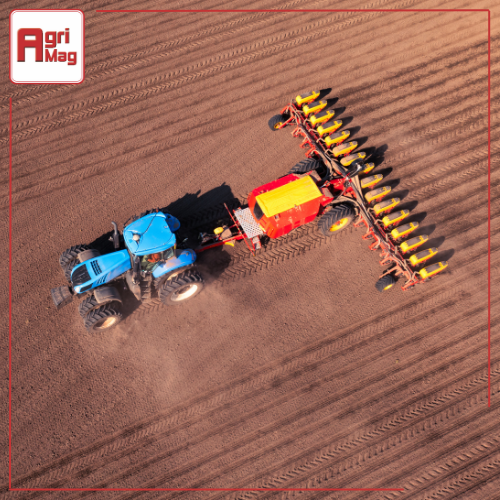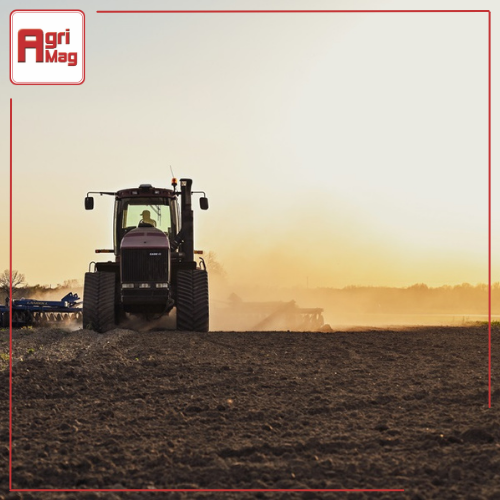
The Top 6 Advantages of Row Planters for Farmers in South Africa
Date: 05/05/2022
When you're a farmer, you need to understand and know the advantages of row planters, especially in a diverse agricultural environment like South Africa. Farming efficiently and sustainably is not just a choice but a necessity in today’s competitive and environmentally conscious market. Row planters, a critical tool for modern farming, offer several benefits that can transform agricultural practices. Here, we explore the top six advantages of using row planters in South Africa’s unique farming landscape. Read more about planting and seeding equipment on AgriMag blogs to have a clear understanding and apply the tips in your farming.
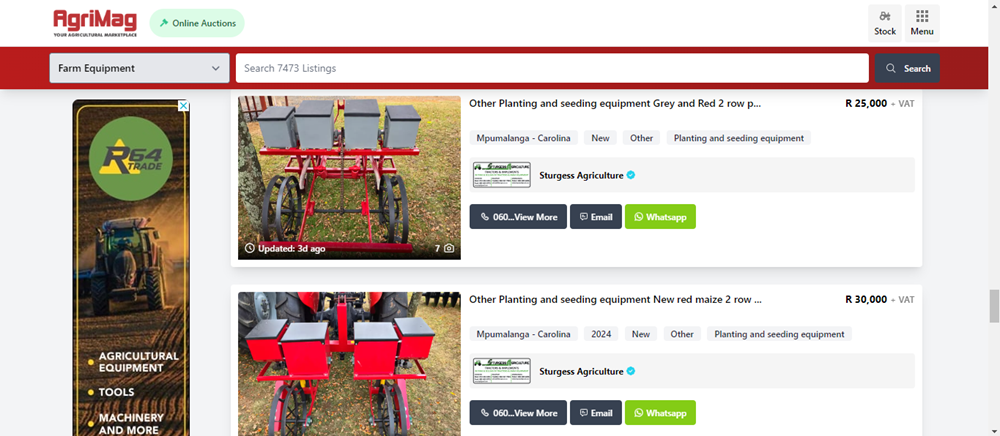
6 Advantages of Row Planters for Farmers in South Africa
1. Increased Planting Efficiency
One of the primary benefits of row planters is their ability to significantly enhance planting efficiency. Traditional hand-planting methods are labor-intensive and time-consuming. In contrast, these planters mechanise the seeding process, allowing for precise and rapid planting over large areas. This is particularly advantageous in the country where farm sizes can vary greatly, and scaling up operations can be crucial to commercial success. With a planter, farmers can cover more ground quickly, reducing the manpower needed and maximising the use of available planting windows, crucial in regions with specific seasonal constraints.
2. Improved Seed Placement and Depth Accuracy
Accurate seed placement is crucial for optimal crop growth and yield. Row planters are designed to deposit seeds at a consistent depth and spacing, which promotes uniform germination and growth. This consistency is hard to achieve with manual planting methods. In our country, where soil types and conditions can vary dramatically across different regions, the ability to adjust the depth and spacing settings on a row planter ensures that seeds have the best possible conditions for rooting and development, irrespective of variable soil conditions.
3. Enhanced Crop Yields
By improving seed placement and plant spacing, row planters help in achieving more uniform crops which are less prone to disease and competition for resources. Uniformity in plant growth leads to better air circulation around the plants and more efficient use of sunlight, both of which can enhance photosynthesis and lead to higher yields. For farmers, particularly those growing staple crops like maize, wheat, and soybeans, this can translate into significantly improved productivity and profitability.
4. Reduced Waste and Costs
Row planters precisely control the amount of seed deposited in each spot, which minimises waste. Over-seeding, common in manual planting, can be costly and unproductive. By ensuring that each seed has enough space to grow without competition, seed drills reduce the need for thinning and save on seeds. Additionally, the precise application of seeds leads to a more efficient use of fertilisers and pesticides, thereby further reducing the overall input costs for farmers.
5. Versatility Across Various Crops
Farmers often rotate different types of crops to manage soil health and to meet market demands. These planters are versatile tools that can be adjusted for various seed types and sizes, making them suitable for planting a wide range of crops from small grains to larger seeds like beans and corn. This adaptability makes row planters an excellent investment for South African farmers who need to switch between different crops and planting strategies seasonally.
6. Supports Sustainable Farming Practices
The planters contribute to sustainable agriculture by improving resource efficiency and reducing the environmental footprint of farming operations. Better precision in planting reduces the need for chemical inputs, such as fertilisers and pesticides, and ensures that these are used optimally rather than excessively. Moreover, with improved crop yields and reduced waste, farmers can achieve more with less, which is a key principle of sustainable agriculture practices.
Scenarios Illustrating the Use of Row Planters in South Africa
Scenario 1: Drought Resilience
In areas like the Western Cape, drought is a frequent challenge. A farmer decides to use a row planter for precise seed placement with deeper sowing, which helps in placing seeds at moisture levels optimal for germination. This method conserves water and increases the drought resilience of crops, proving crucial during dry seasons.
Scenario 2: Large Scale Farming Operations
In the Free State, a major producer of maize, a farmer transitions from traditional methods to using a high-capacity row planter capable of handling vast fields. The efficiency of the planter allows the farmer to optimise the short planting window, ensuring all crops are sown in time to benefit from optimal growing conditions.
Scenario 3: Smallholder Enhancement
In KwaZulu-Natal, smallholder farmers often collaborate to access better technology. A group pools resources to purchase a row planter, allowing them to benefit from mechanisation previously only accessible to larger farms. This collective approach not only improves crop yields but also enhances community ties and economic stability.
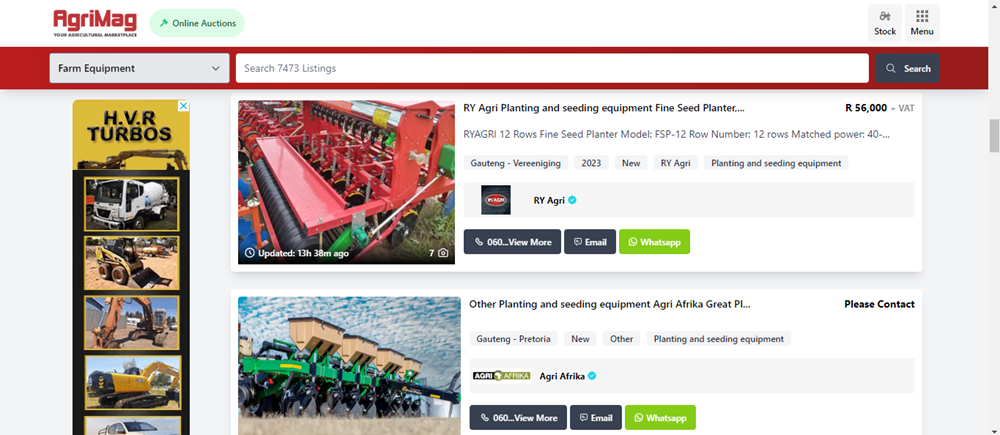
Interesting Facts About Row Planters
- Historical Development
The concept of row planting dates back to ancient civilisations, but modern row planters were significantly developed in the early 20th century. Today’s models include GPS technology and precision farming systems, which were unimaginable even a few decades ago.
- Technological Integration
Modern row planters can be equipped with sophisticated monitoring systems that provide real-time feedback on seed placement, depth, and even the health of the soil. Some advanced models use GPS tracking to ensure perfect row alignment and avoid overlaps or gaps, maximising every inch of the field.
- Economic Impact
Studies have shown that proper use of row planters can increase crop yields by up to 20% compared to traditional methods. This significant increase can drastically improve a farmer's profitability and is especially important in South Africa where agriculture contributes around 10% to the national GDP.
- Environmental Benefits
Row planters help in reducing the carbon footprint of farming activities by optimising the number of passes needed over a field. Fewer passes mean reduced fuel consumption and less soil compaction, which is crucial for maintaining healthy soil biology and structure.
- Adaptability to Various Soil Types
Row planters in South Africa have to be exceptionally versatile due to the varied soil types across different regions—from sandy soils in the coastal areas to clay-rich soils in the interior. Modern planters come with adjustable settings that can be tuned to work effectively in different soil conditions without damaging the soil structure or the seeds.
Understanding the advantages of row planters can significantly impact farming success in South Africa. These machines offer a multitude of benefits including increased efficiency, improved seed placement, enhanced crop yields, cost savings, versatility, and support for sustainable practices. As South African agriculture continues to evolve and respond to both market and environmental challenges, integrating technologies like row planters can provide farmers with the tools they need to thrive in a competitive global marketplace. Embracing these advantages not only boosts productivity but also sustains the farming ecosystem for future generations. Visit the AgriMag blogs to learn more about planting and seeding equipment, gain a thorough understanding, and implement the advice in your farming.
Categories:
Common category
Category Search:
Latest articles:
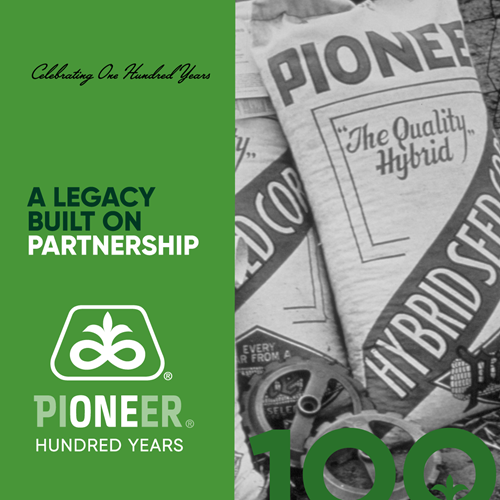
The beginning of the next 100 years of agricultural excellence in SA
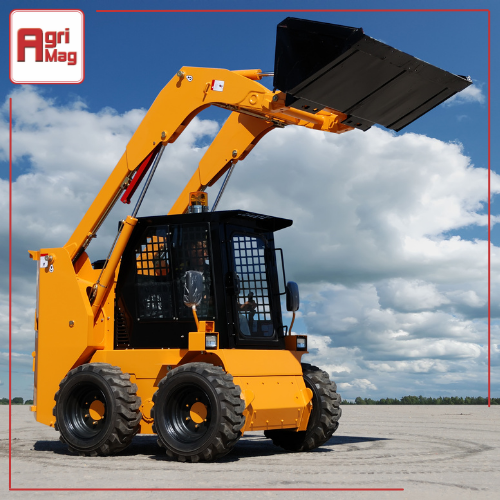
What to Look for When Buying a Skidsteer Loader for Farming
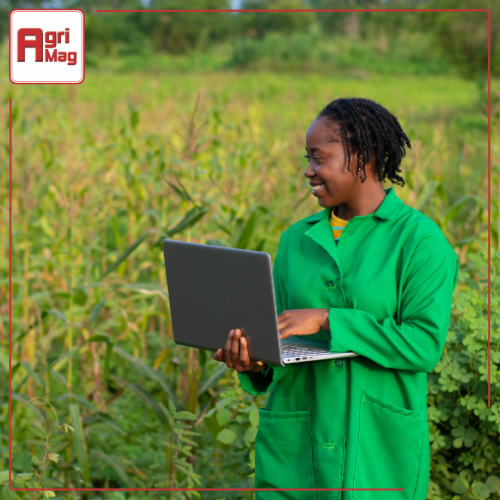
Why Planning Early for the Planting Season Pays Off

